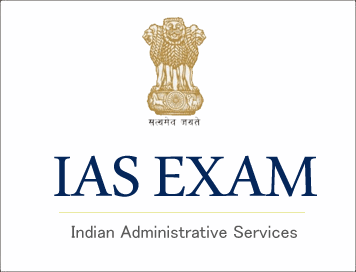NEW! The Gist (FREE) | E-BOOKS |
Important Current Affairs for UPSC IAS (Pre.) 2017 (Domestic Voilence Laws)

Important Current Affairs for UPSC IAS (Pre.) 2017 (Domestic Voilence Laws)
Definition
The Protection of Women from Domestic Violence Act 2005 is an Act of the Parliament of India enacted to protect women from domestic violence. It was brought into force by the Indian government from 26 October 2006. The act does not extend to Jammu and Kashmir, which has its own laws, and which enacted in 2010 the Jammu and Kashmir Protection of Women from Domestic Violence Act, 2010.
According to Section 3 of the Act, “any act, omission or commission or conduct of the respondent shall constitute domestic violence in case it:
1. harms or injures or endangers the health, safety, life,
limb or well-being, whether mental or physical, of the aggrieved person or tends
to do so and includes causing physical abuse, sexual abuse, verbal and emotional
abuse and economic abuse; or
2. harasses, harms, injures or endangers the aggrieved person with a view to
coerce her or any other person related to her to meet any unlawful demand for
any dowry or other property or valuable security; or
3. has the effect of threatening the aggrieved person or any person related to
her by any conduct mentioned in clause (a) or clause (b); or
4. otherwise injures or causes harm, whether physical or mental, to the
aggrieved person.”
Forms of domestic violence
1. Physical violence
2. Emotional abuse
3. Sexual assault
4. Honor killing
5. Dowry-related abuse and deaths
What’s new by Supreme Court
Not only men, but women can also be prosecuted under the Protection of Women against Domestic Violence Act. The Supreme Court has struck down the words “adult male” from the pertinent provision in the Domestic violence Act to lay down that a woman can also file a complaint against another woman, accusing her of domestic violence.
The ruling came on an appeal filed against a judgment of the Bombay High Court in 2014 that had read down the Act to hold that complaints could be filed against the women too. The top court, however, set aside this judgment on the ground that the provision could not be read down. “We declare that the words ‘adult male’ in Section 2(q) will stand deleted since these words do not square with Article 14 (equality) of the Constitution of India.

